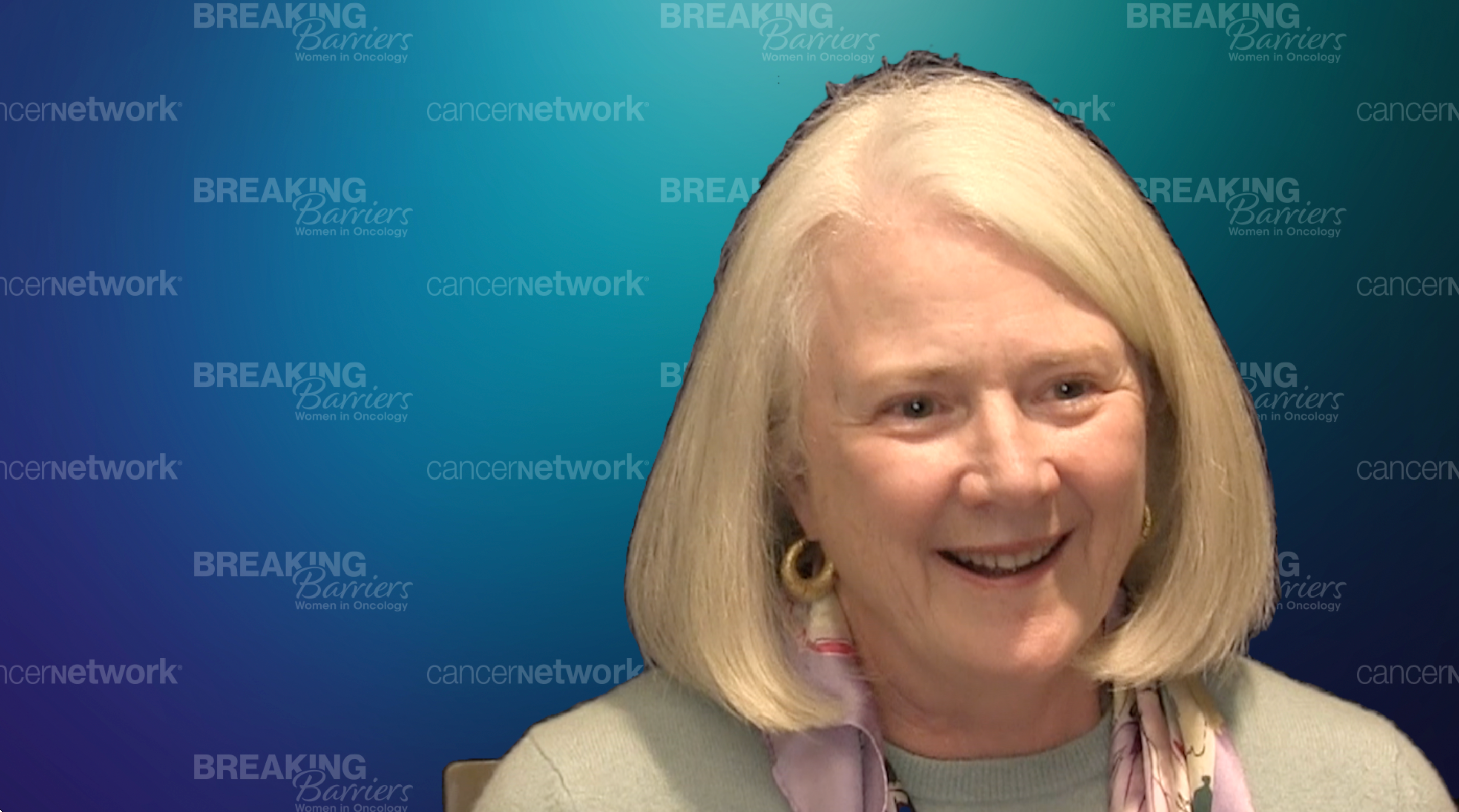
Findings Ways to Embrace Work-Life Balance as a GU Oncologist

A long commute can significantly impact your work-life balance, according to Mary-Ellen Taplin, MD.
Work-life balance isn't a one-size-fits-all solution, according to Mary-Ellen Taplin, MD.
Taplin, chair of the Executive Committee for Clinical Research and institute physician at Dana-Farber Cancer Institute, and professor of medicine at Harvard Medical School, strategies like coordinating schedules with a partner can minimize childcare needs.
For this segment of Breaking Barriers: Women in Oncology, Taplin stresses the power of saying “no.”She highlighted the need to carefully consider projects. Learning to set boundaries, both professionally and personally, is crucial for creating a sustainable work-life balance.
Transcript:
The question of work-life balance needs to be [conducted]. Different strategies need to be used at different points in your life, it changes over time. When I was younger, and my children were young, a strategy that my husband and I had was, that he was an [emergency department] doctor, and he worked nights, and I worked days. We needed less childcare, and we were involved with our children in ways that we wanted to be. Other people would do it differently with hiring help and different things. As the kids get older, your situation changes, and your challenges with work-life balance need different attention.
I would say that thing that was part of my life, that was the biggest challenge to my happiness, and my stress was having a long commute. I had to have it for personal reasons. Anyone starting out, I would think carefully about how long your commute is because work is busy, family is busy, and just devoting 2 to 3 hours a day to driving or commuting in whatever fashion you do takes a bite out of your peace over time.
I’ve always been active. Exercise has been a part of my life and just stepping away and taking that time to stay healthy [is important]. Exercise has helped me with my work like that. The big thing is, women, need to say “no;” you need to be able to. One of the things that I never hear talked about is we make our stress by not carefully thinking about what we’re saying “yes” and “no.” We say “yes” oftentimes to a lot of projects that when you dig deep down, are you going to get satisfaction out of that project yourself? Are you doing it for somebody else? Are you doing it because you don’t want to say “no?” The big lesson in work-life balance is just thinking carefully about the work side, what you say “yes” to, and maybe on the home side, too, do you need to have a huge party or dinners? You could, but if you also have a grant due at that time, it may be best not to say “yes” to both. A lot of times we make our challenges with work-life balance, at least in my case.
Newsletter
Stay up to date on recent advances in the multidisciplinary approach to cancer.



































